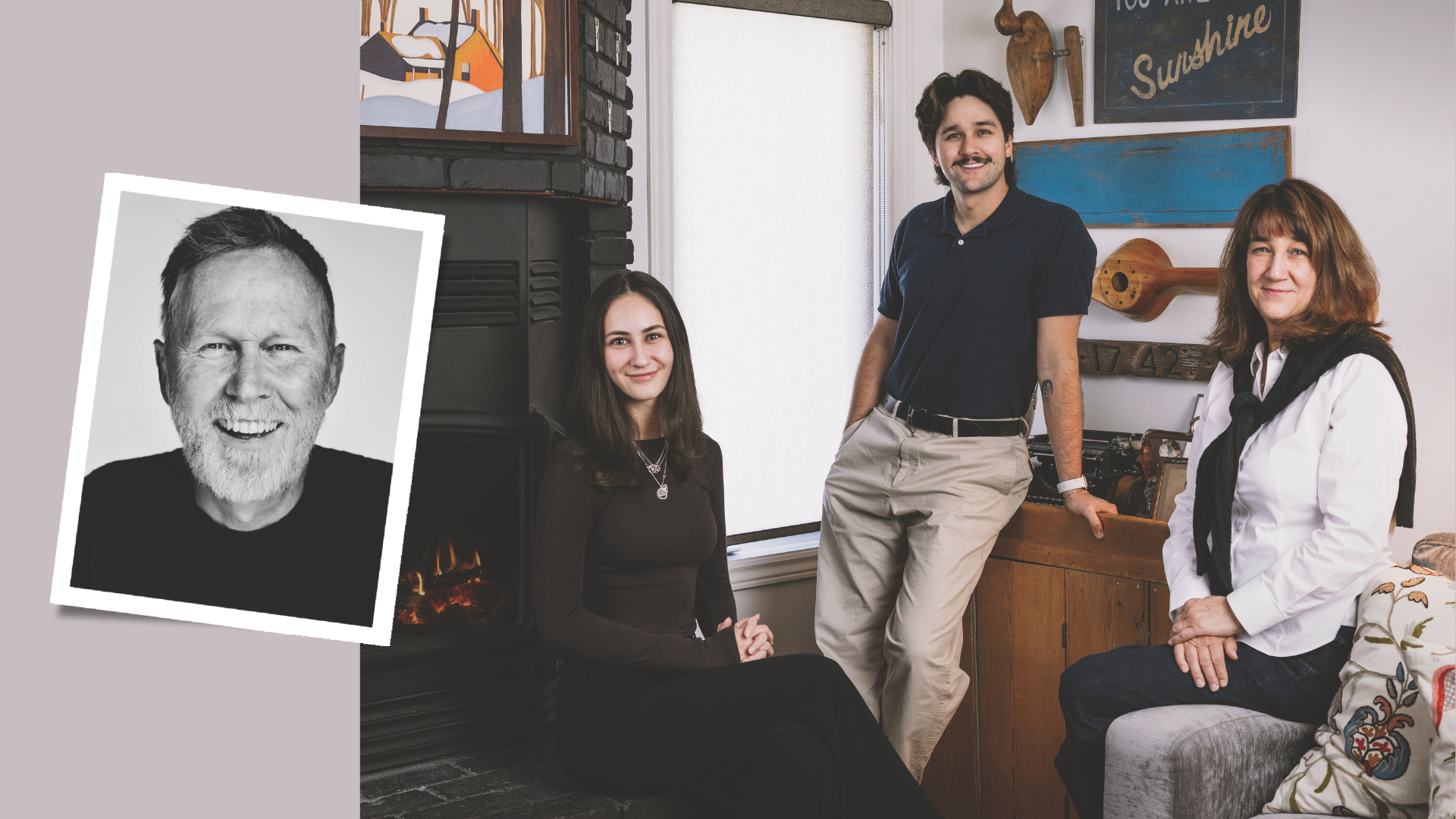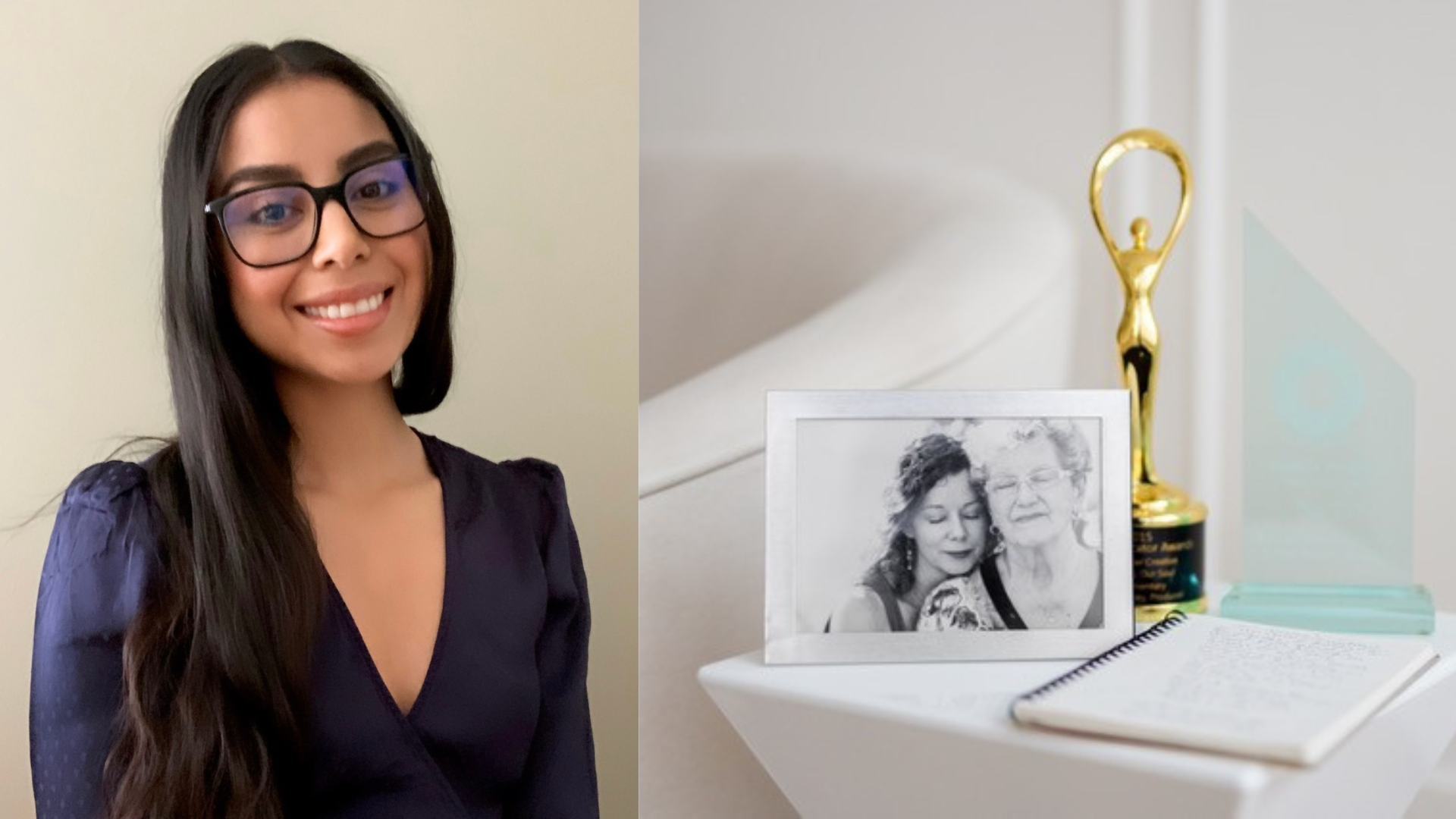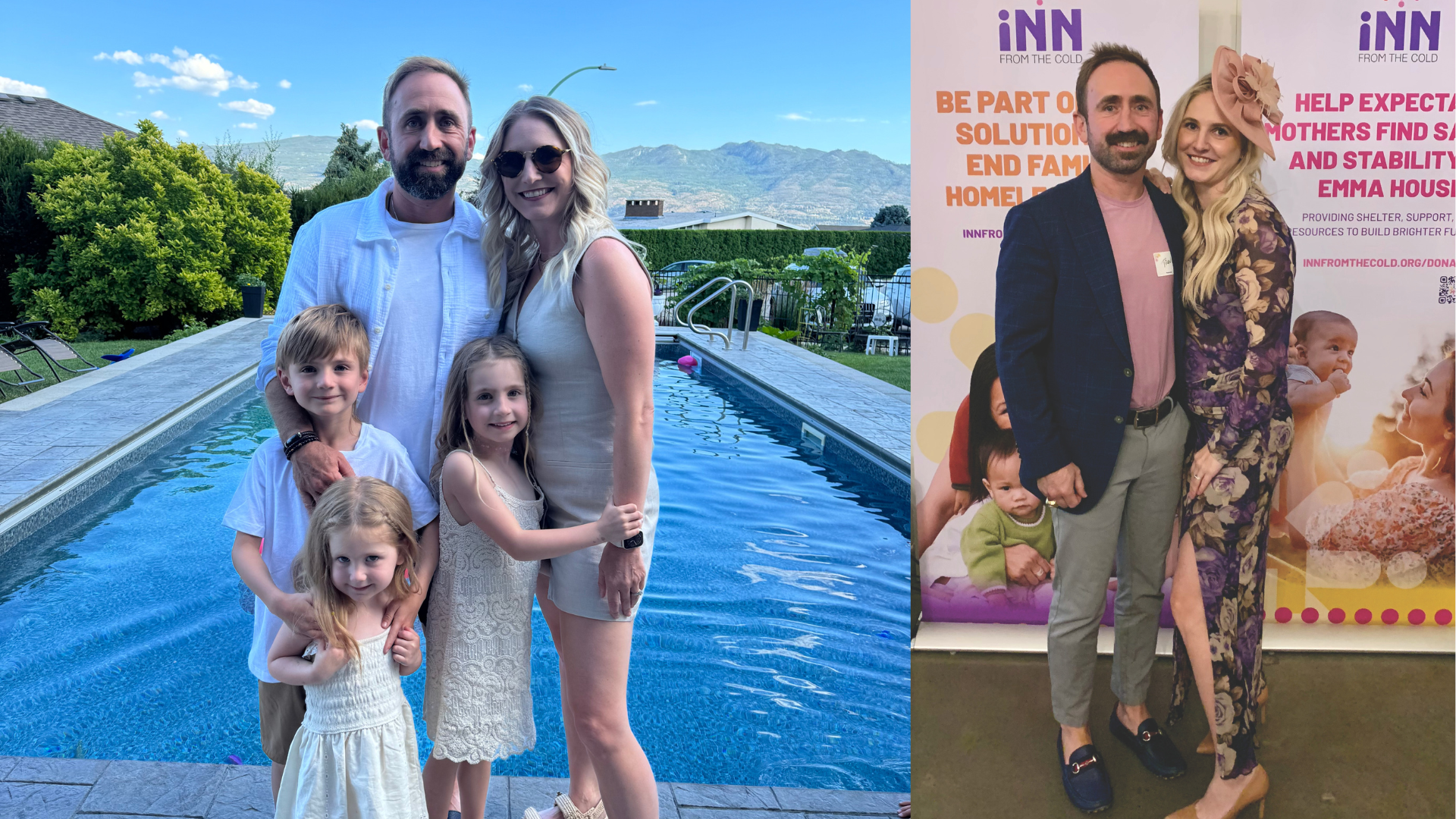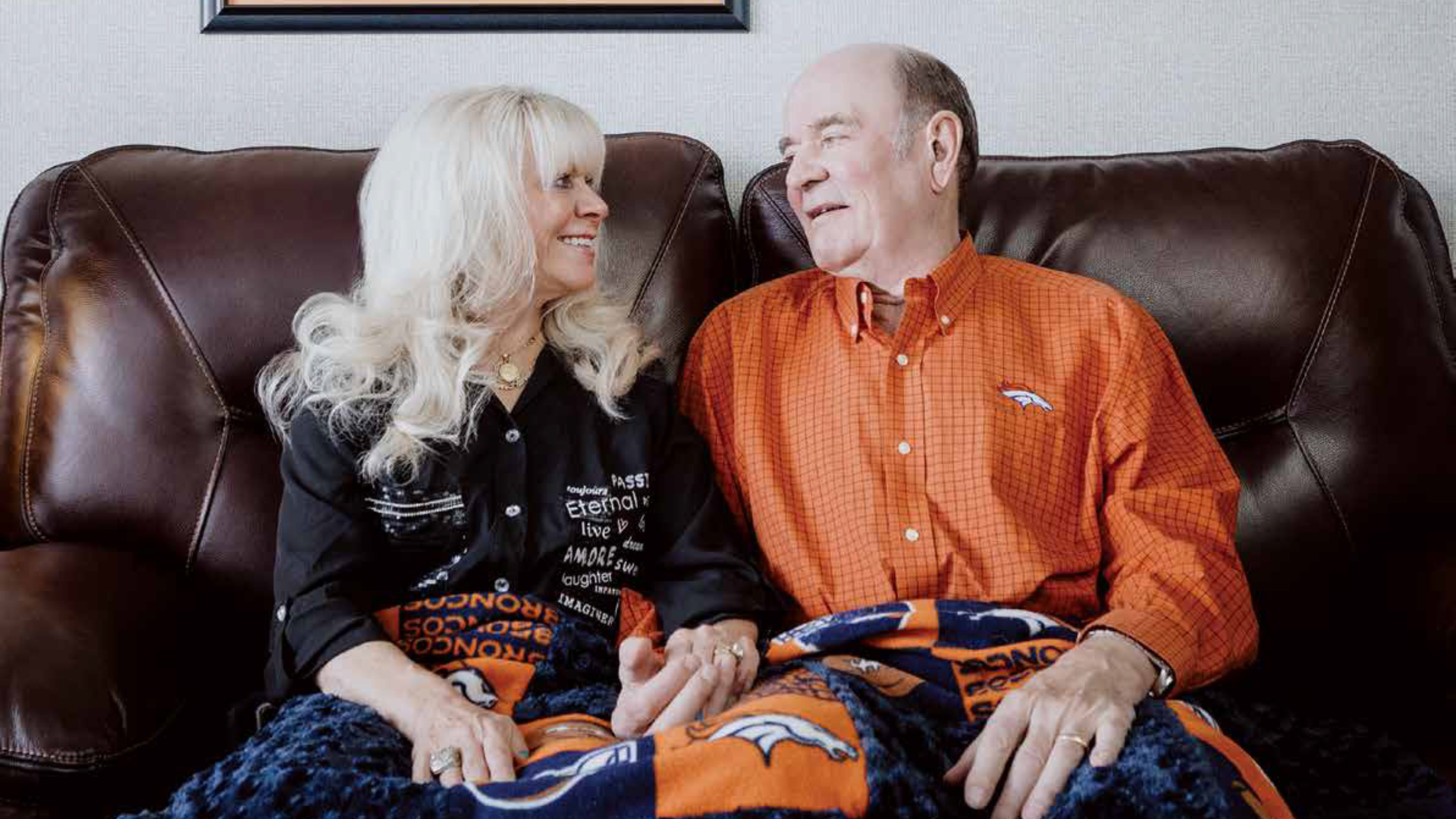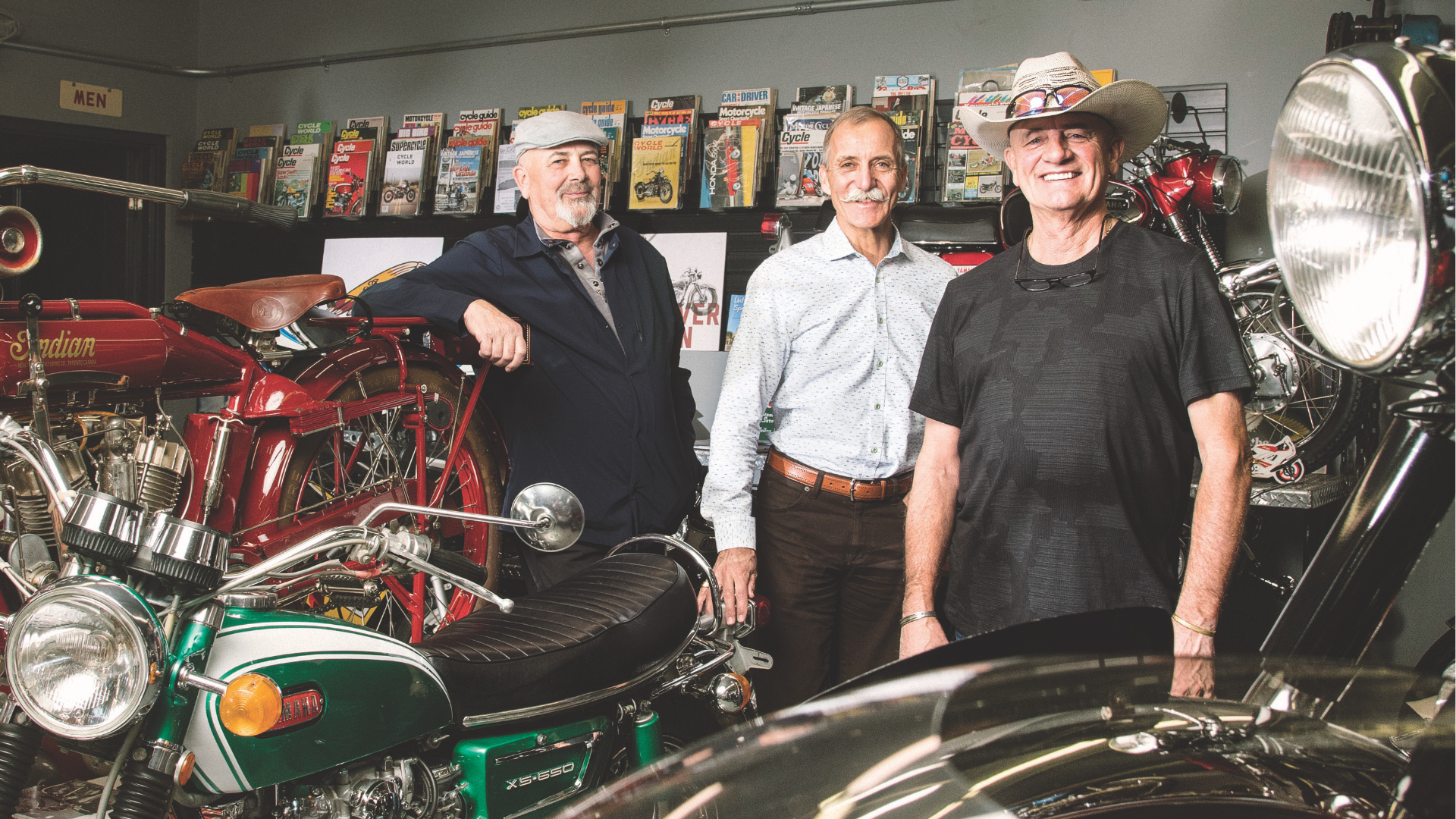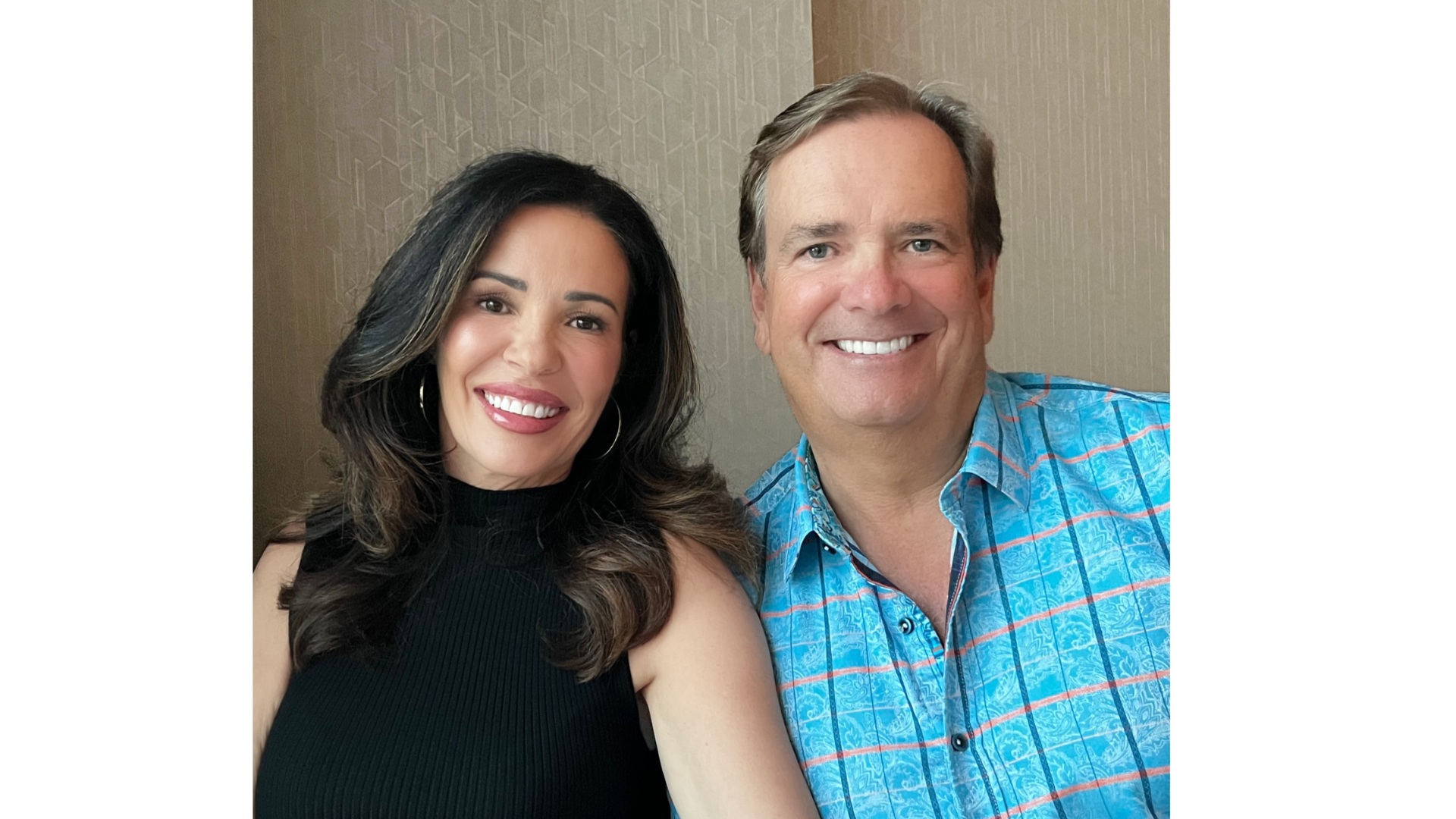Inspiring stories of hope and change in our vibrant communities
We are proud of every story that brings to life the impact philanthropy has on individuals, families and communities. We collect stories that inspire both donors and nonprofits to continue making important contributions to Calgary and beyond.
Curious about some of the
projects we’ve funded?
Check out our Grant and Project search tool
Take me thereHow we show up in
community.
Read more about how we have shown up in our role as a grantmaker, convener, and community connector.
Explore Publications